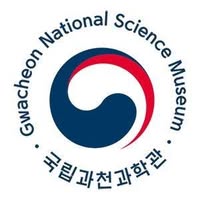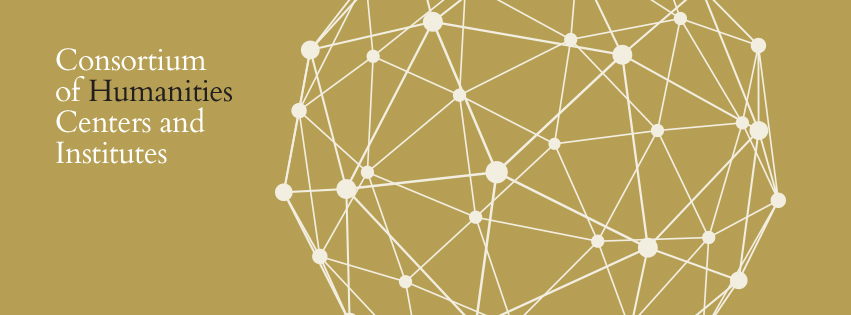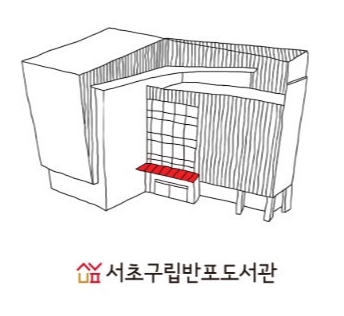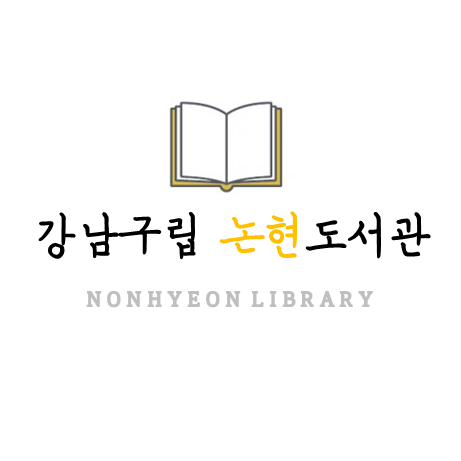The Indonesia Christian University is a research and education organization, which focuses on research, education, and community service in Indonesia and throughout Asia, according to Christian values and spirit. The university develops cooperative relationships with domestic and international institutions and promotes partnerships with church organizations in an ecumenical spirit. The university is dedicated to fostering competent talent and to spreading the high quality of their products to the world. By doing so, it promotes world-renowned research institutes and disseminates its publications.
https://www.uki.ac.id/
The Institute of Asian and African Studies is the focus of research into the cultures, languages, histories and current affairs of the non-Western and non-Jewish world at the Hebrew University. The Institute assists departments in the Faculty of Humanities that study these fields and cooperates with researchers and centers within the Humanities and outside that also deal with issues relevant to the Institute’s mandate.
https://en.huji.ac.il/en
The SOUTHEAST ASIAN MEDIA STUDIES ASSOCIATION (SEAMSA) is an international, non-profit, non-government community of academics, researchers, media practitioners, and institutions who are actively committed to the study and research of the mass media in/of Southeast Asian countries and peoples.
https://seamsa.org/
The Korea Transportation Safety Authority (abbreviated as TS), established in 1981, is a quasi-governmental organization under the Ministry of Land, Infrastructure and Transport. Its purpose is to create a safe transportation environment, promote efficient traffic safety management, and contribute to the protection of citizens’ lives, bodies, and property by carrying out projects for the prevention of traffic accidents and supporting the operation and management of the transportation system.
https://main.kotsa.or.kr/main.do
The Gwacheon National Science Museum is an affiliated institution of the Ministry of Science and ICT in South Korea. It is responsible for the collection, preservation, research, exhibition, and education related to basic science, applied science, natural history, and the history of science and technology. Following a trial operation, the museum officially opened on November 14, 2008. With an exhibition area of 19,127 square meters—three times the size of the National Science Museum in Daejeon—it features a wide range of facilities including permanent exhibition halls such as the Basic Science Hall, Natural History Hall, Traditional Science Hall, Advanced Technology Hall, Children’s Exploration and Experience Hall, and the Hall of Fame. The museum also houses special exhibition halls and laboratories for experiments and hands-on learning.
https://www.sciencecenter.go.kr/scipia/
The Seoul Science Center was established in 2017 in Hagye-dong, Nowon-gu, as the first science museum operated by the Seoul Metropolitan Government. It was created to expand science and culture facilities in the northern region of the city, reduce regional disparities in science education, and promote balanced development across Seoul. Aimed primarily at youth, the center features six permanent exhibition halls with 221 exhibits, as well as a special exhibition space showcasing rotating displays from science museums in the Seoul metropolitan area, such as the special exhibition The History of Things 2. The center also offers a wide range of educational programs and events, including hands-on science-making experiences for families, group science classes for elementary to high school students, expert lectures, science experiments, and nature ecology programs.
https://science.seoul.go.kr/main
AMH is a member of the Consortium of Humanities Centers and Institutes (CHCI). As a global forum that strengthens the work of humanities centers and institutes through advocacy, grant-making, and inclusive collaboration, CHCI advances cross-institutional partnerships, recognizes regional humanities cultures, and mobilizes the collective capacity of the humanities to engage the most pressing issues in society today.
https://chcinetwork.org/
The Seongdong Foundation for Arts & Culture is a community-based cultural institution established in 2015 by Seongdong-gu, Seoul (located in Haengdang-dong). It operates a variety of cultural programs with the goal of promoting local culture and expanding residents’ participation in cultural and artistic activities.
https://www.sdfac.or.kr/kor/sdfac/main/main.do
Located in Banpo-dong, Seocho-gu, Seoul, the Seochogu Banpo Library is a public library with one basement level and five floors above ground, opened in 2013. It houses approximately 70,000 books and 1,900 types of non-book materials. The library operates lifelong education programs with a practical focus and serves as a space for the cultural life of local residents. It goes beyond being “just a place to read books,” functioning as a space where culture and learning naturally take place in the lives of residents―a “complex cultural library where culture and learning are integrated”.
https://www.seocholib.or.kr/
Nonhyeon Library is a district public library located on the 6th floor of the Nonhyeon 2-dong Community Service Center in Gangnam-gu, Seoul. It supports local residents’ reading and cultural activities and offers a variety of programs.
https://library.gangnam.go.kr/nhlib/index.do
The Academy of Mobility Humanities, AMH is a member of the Global University Network for Innovation (GUNi), an international education and research network supported by global organizations such as UNESCO, United Nations University and the Association of Catalona University Public (ACUP). It is a lifetime membership. The AMH shares the vision of social responsibility with members of GUNI and will conduct research that contributes to the process of making sustainable world where technology and humanity coexist.
https://www.guninetwork.org/
The Association for the Studies of Koreans Abroad is an academic organization that conducts scholarly research on the history and current status of the approximately 7 million Koreans abroad around the world, their relationship with their homeland, Korea, and Korea’s policies toward its diaspora. The association continuously carries out research projects and policy development related to Koreans abroad. These efforts are reflected in academic exchange and collaboration among members through regular annual conferences, monthly meetings, and workshops.
http://homepy.korean.net/~aska/www/













